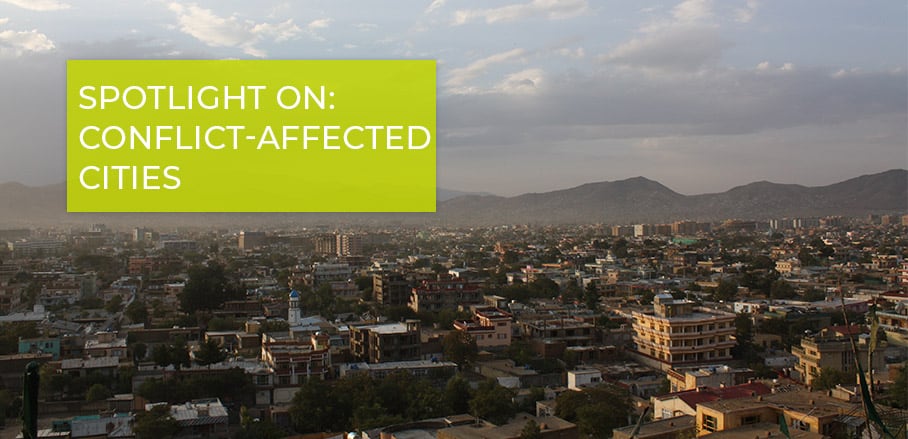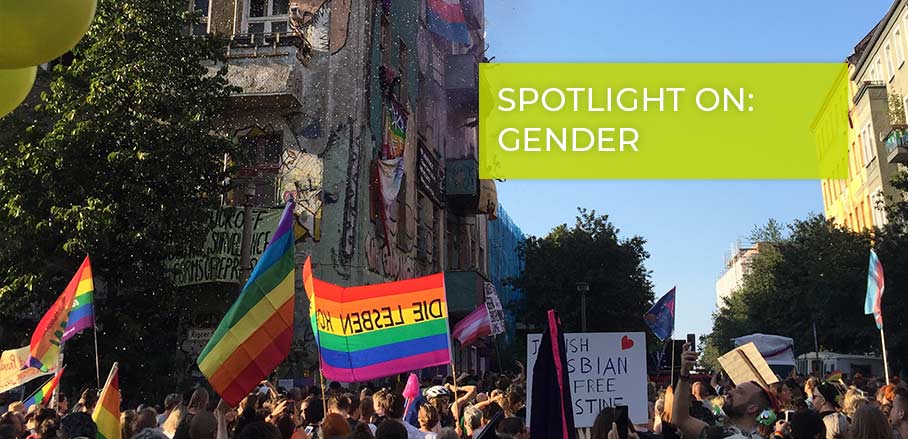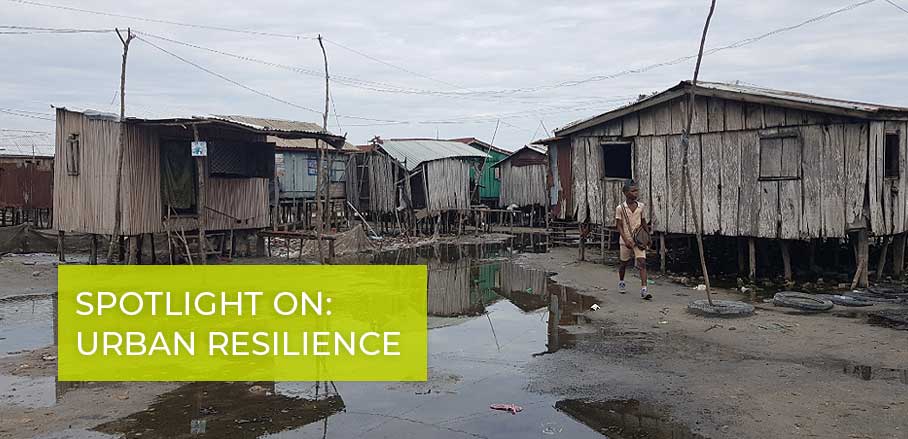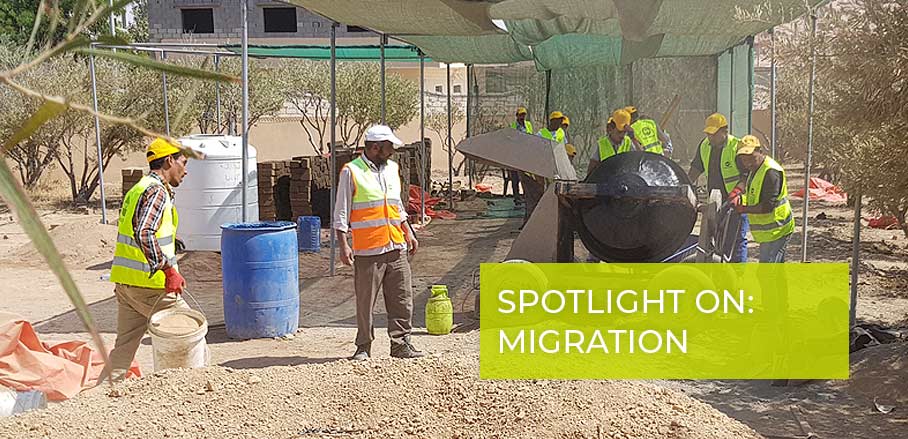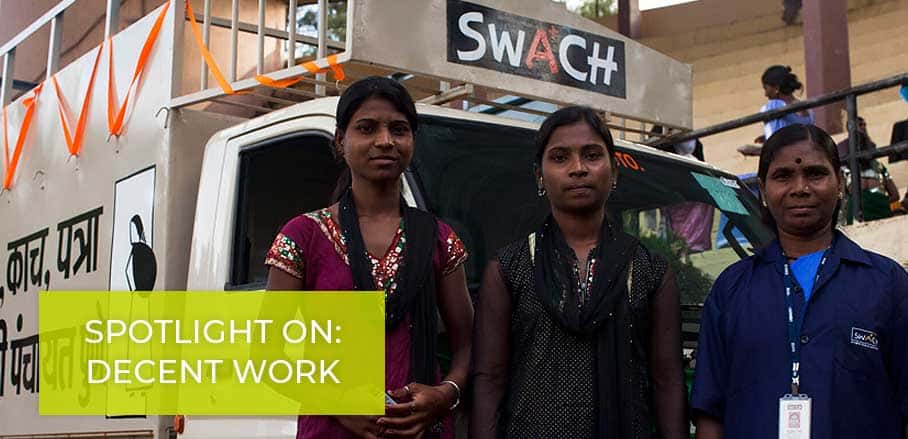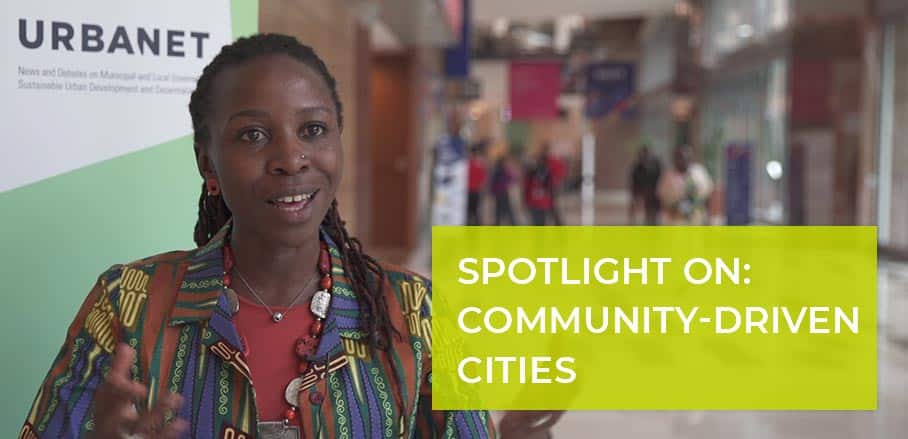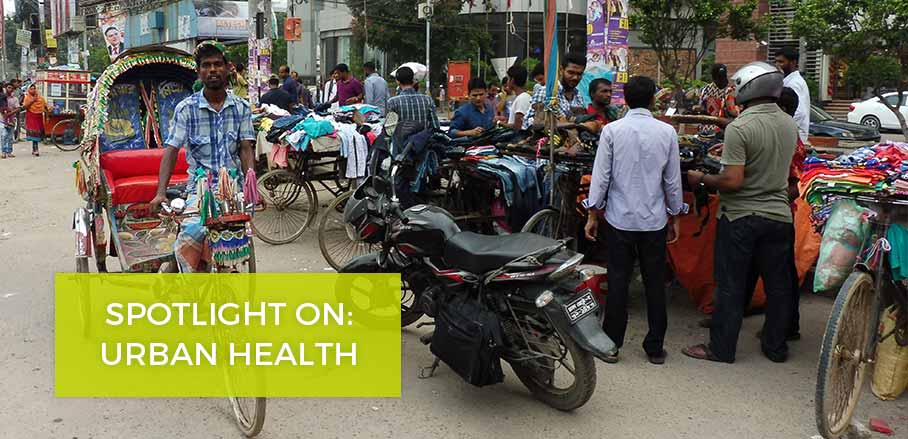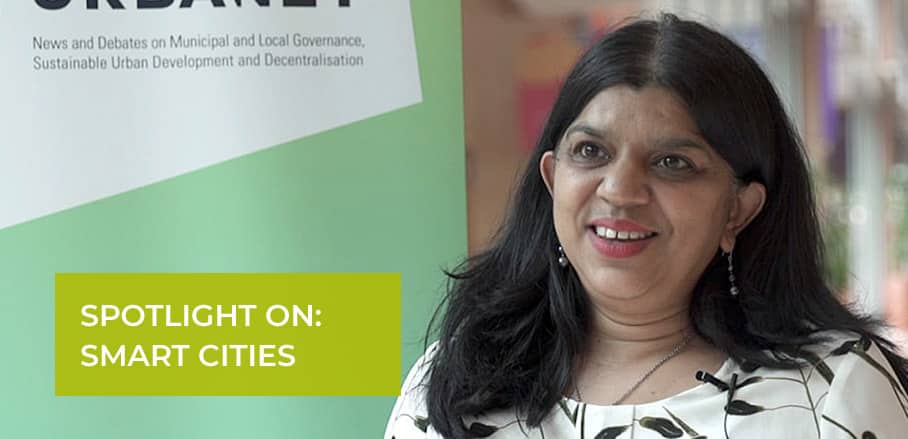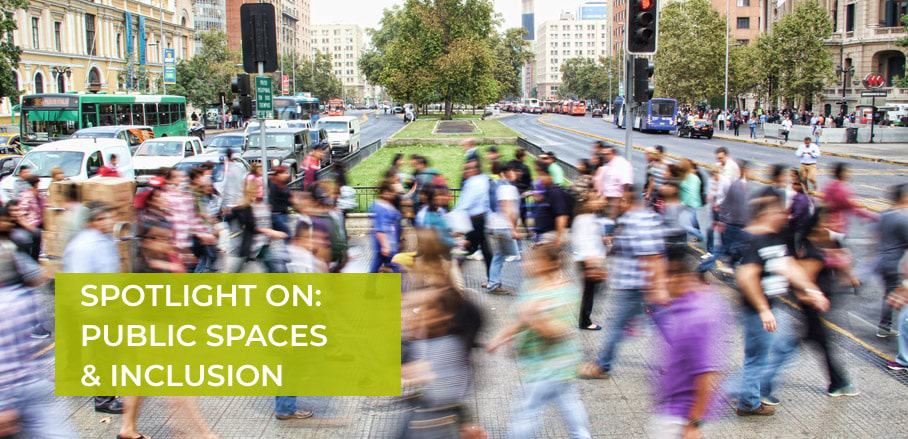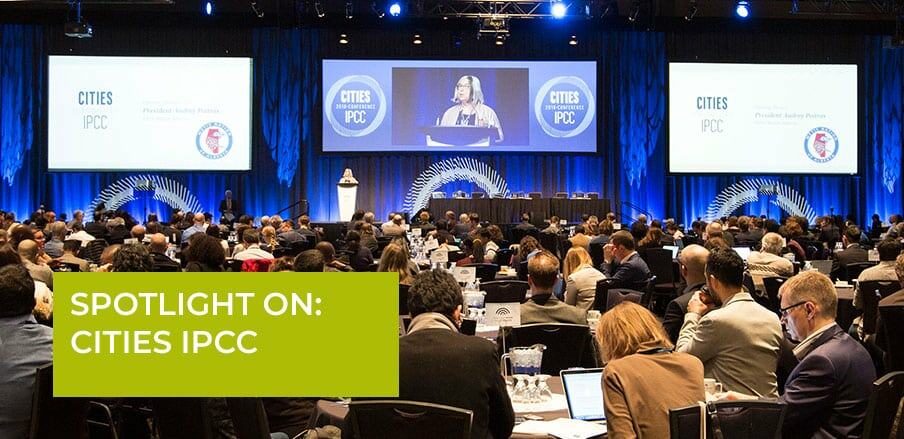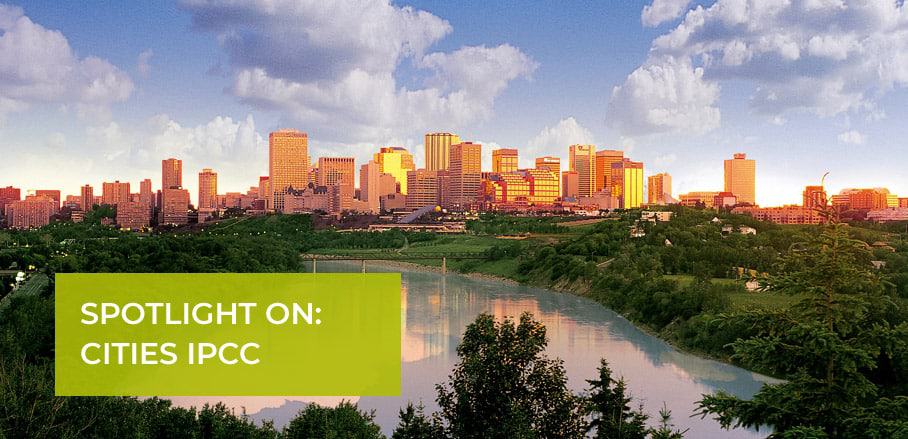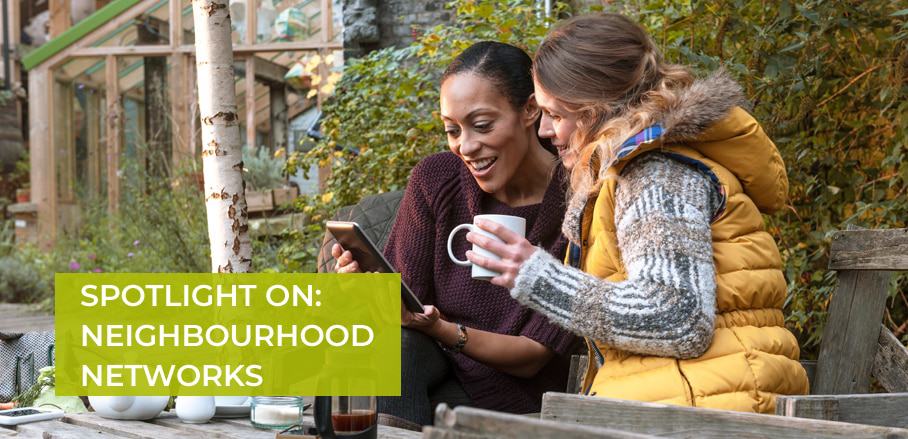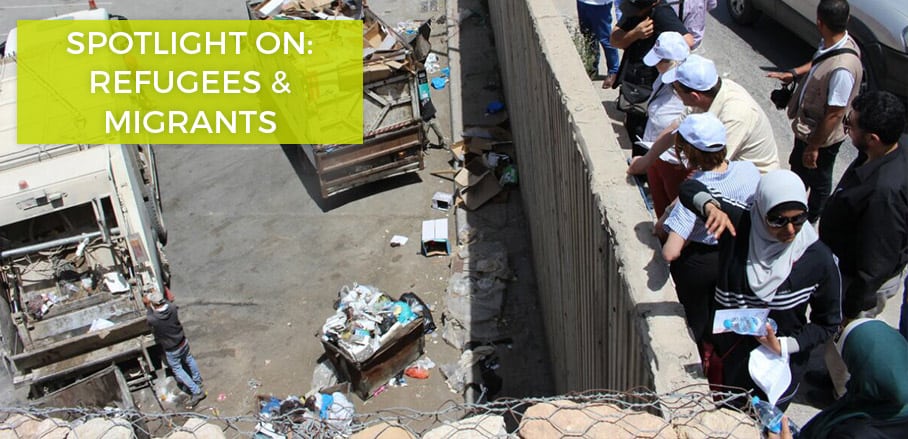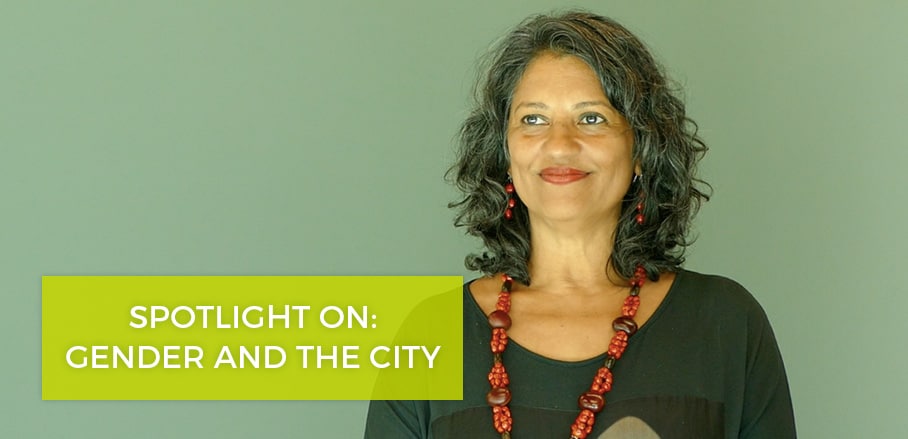Urbanisation in Fragile Societies: Thinking about Kabul
As part of the Blavatnik School of Government's “Challenges of Government” Conference, the International Growth Centre's Cities that Work team put together a panel on identity and legitimacy in Kabul. The discussion highlighted the importance of building legitimacy in fragile contexts, particularly given the emergence of fragmented identities and new networks of solidarity, resistance and governance in urban contexts affected by conflict.
